Srinivas K S
Multi-Faceted Question Complexity Estimation Targeting Topic Domain-Specificity
Aug 23, 2024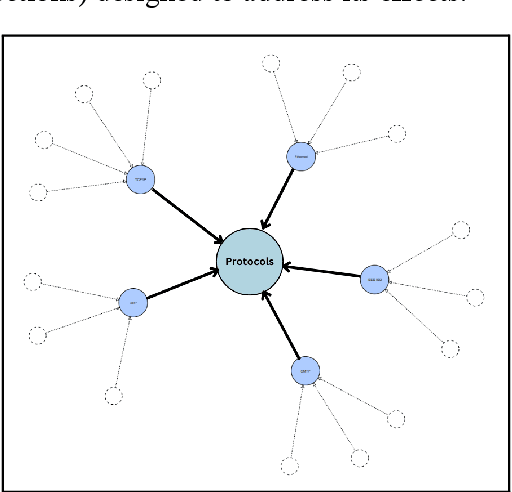
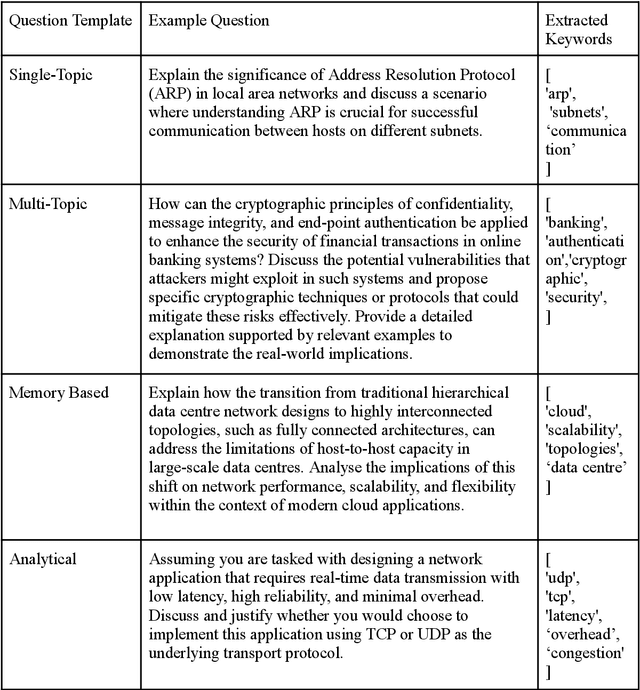
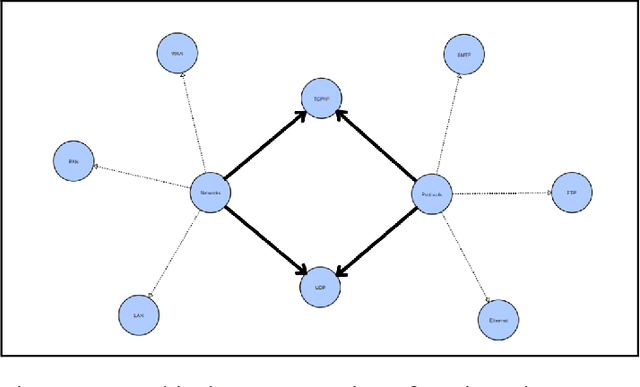
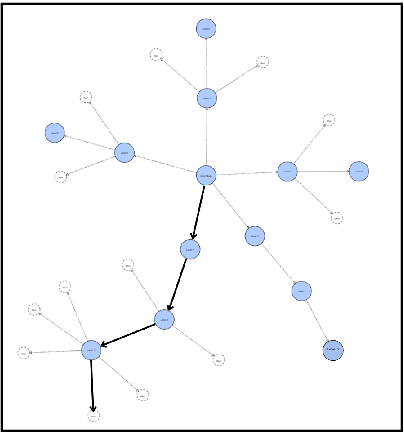
Abstract:Question difficulty estimation remains a multifaceted challenge in educational and assessment settings. Traditional approaches often focus on surface-level linguistic features or learner comprehension levels, neglecting the intricate interplay of factors contributing to question complexity. This paper presents a novel framework for domain-specific question difficulty estimation, leveraging a suite of NLP techniques and knowledge graph analysis. We introduce four key parameters: Topic Retrieval Cost, Topic Salience, Topic Coherence, and Topic Superficiality, each capturing a distinct facet of question complexity within a given subject domain. These parameters are operationalized through topic modelling, knowledge graph analysis, and information retrieval techniques. A model trained on these features demonstrates the efficacy of our approach in predicting question difficulty. By operationalizing these parameters, our framework offers a novel approach to question complexity estimation, paving the way for more effective question generation, assessment design, and adaptive learning systems across diverse academic disciplines.
Searching a Raw Video Database using Natural Language Queries
Dec 31, 2020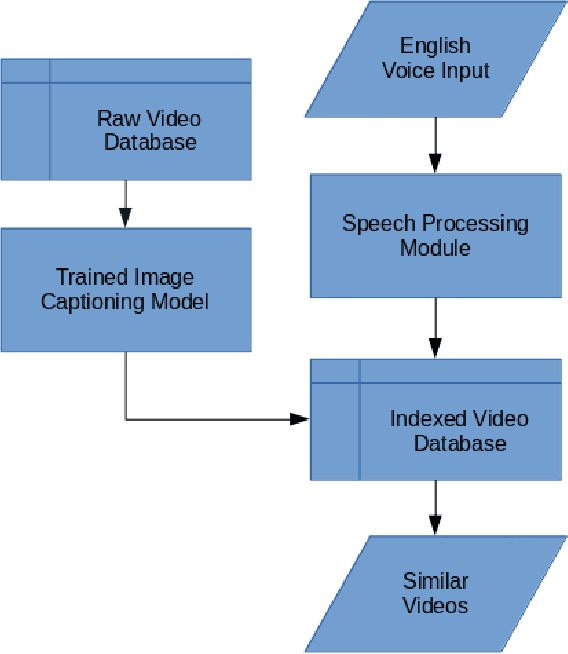


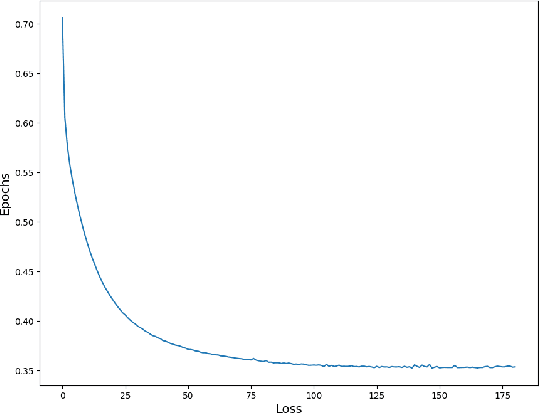
Abstract:The number of videos being produced and consequently stored in databases for video streaming platforms has been increasing exponentially over time. This vast database should be easily index-able to find the requisite clip or video to match the given search specification, preferably in the form of a textual query. This work aims to provide an end-to-end pipeline to search a video database with a voice query from the end user. The pipeline makes use of Recurrent Neural Networks in combination with Convolutional Neural Networks to generate captions of the video clips present in the database.
 Add to Chrome
Add to Chrome Add to Firefox
Add to Firefox Add to Edge
Add to Edge